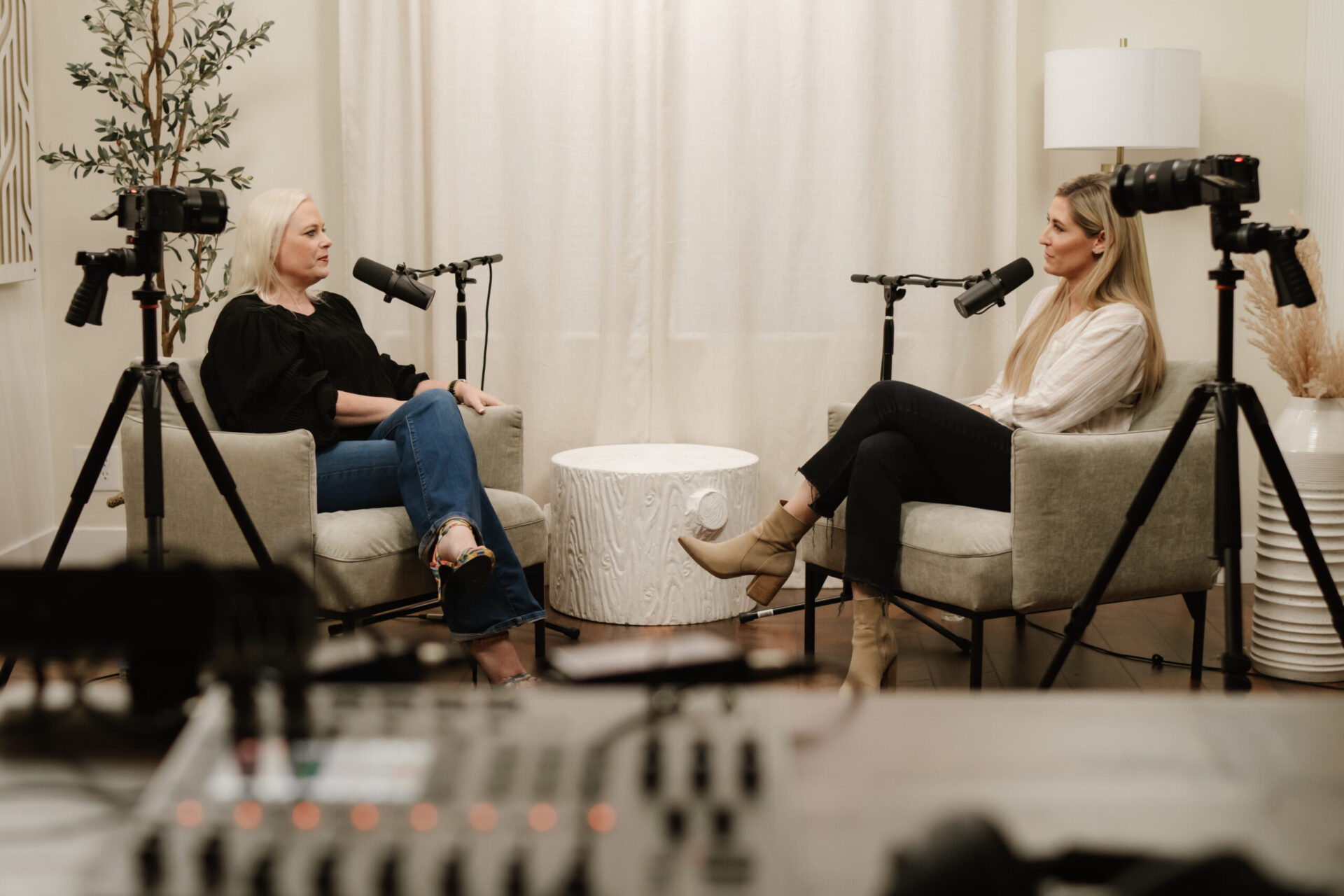In recent years, podcasting has emerged as a powerful medium for storytelling and communication. With millions of podcasts available, this audio platform has revolutionized how we consume information and connect with diverse perspectives. However, while the podcasting landscape has expanded tremendously, the representation of diverse voices and stories remains a critical conversation. This blog post examines why diversity in podcasting is essential, the challenges underrepresented groups face, and how fostering diverse voices can enrich the medium for everyone.
The Power of Diverse Narratives
Diversity in podcasting is not just about representation; it’s about the richness that varied perspectives bring to the narrative landscape. Each culture, experience, and community contributes unique insights and stories that can shape conversations, challenge existing narratives, and build understanding among listeners. When audiences are exposed to a range of voices, they gain a deeper empathy for experiences outside their own. This exposure creates a more informed society, leading to greater tolerance and acceptance.
Podcasts provide a platform for marginalized groups to share their stories in their own words. For example, Indigenous podcasters can delve into their rich cultural histories, LGBTQ+ creators can explore issues of identity and community, and communities of color can highlight their challenges and triumphs. These narratives contribute to a more holistic understanding of society, allowing listeners to appreciate the complexities of different lived experiences.
Breaking Down Barriers
Despite the opportunities that podcasting presents, there are significant barriers that underrepresented groups face in entering the podcasting space. One of the primary challenges is access to resources, including funding for equipment, editing software, and hosting platforms. Additionally, many aspiring podcasters may lack the knowledge or skills required to produce quality audio content, which can deter them from pursuing their passion.
Another obstacle is representation. The podcasting world has historically been dominated by voices from a narrow demographic, primarily white, middle-class individuals. This lack of representation can perpetuate a cycle where diverse voices feel undervalued or excluded, further marginalizing their contributions. To break these barriers, it is crucial for existing podcast networks, companies, and individuals with resources to uplift and support underrepresented creators through mentorship programs, funding opportunities, and access to training.
The Role of Established Platforms
Established podcasting platforms and networks have a responsibility to prioritize diversity in their content offerings. This includes actively seeking out and promoting podcasts created by underrepresented voices. When decision-makers within the industry make a concerted effort to include diverse narratives, they not only enrich their content library but also create opportunities for fresh talent and innovative ideas to flourish.
Moreover, it is essential for mainstream podcasts to address diversity as part of their core values. For instance, when well-known podcasts invite diverse guests and discuss issues related to race, gender, and identity, they significantly amplify the visibility of these topics. This increased visibility can lead to greater social awareness and inspire listeners to seek out diverse content on their own.
Listening and Learning from Different Perspectives
Diverse voices in podcasting offer the listener an opportunity for growth. By tuning into perspectives that challenge their beliefs or widen their understanding, listeners are encouraged to engage critically with the world around them. For instance, podcasts that focus on social justice, mental health, or cultural heritage can educate listeners on pressing issues and foster a greater sense of community and solidarity.
Listeners benefit from diverse storytelling because it humanizes complex topics. For example, a podcast that explores immigration through personal stories from immigrants helps listeners understand the nuances of the experience beyond statistics and headlines. This emotional engagement fosters connection and empathy, which are essential qualities in an increasingly polarized society.
Representation Matters: The Impact on Future Generations
Diversity in podcasting is particularly important for younger audiences. As the next generation of listeners grows up surrounded by diverse narratives, they gain the confidence to share their own voices and stories. Representation in media, including podcasts, validates the experiences of underrepresented youth and encourages them to pursue their passions, whether in podcasting or other creative fields.
When children and teens hear stories that reflect their backgrounds and experiences, it fosters a sense of belonging. Additionally, these representations can challenge stereotypes and combat prejudices, leading to a more inclusive society. By nurturing diverse voices in podcasting, we are actively contributing to a cultural shift that prioritizes inclusivity and acceptance.
How to Support Diversity in Podcasting
As listeners, creators, and industry professionals, everyone can play a role in supporting diversity within the podcasting space. Here are some actionable steps you can take:
- Seek Out Diverse Podcasts: Make a conscious effort to find and listen to podcasts created by underrepresented voices. This not only supports these creators but also expands your own horizons.
- Share and Promote Diverse Content: Use your social media platforms to amplify podcasts created by diverse voices. Sharing recommendations with friends and followers helps build visibility for these creators.
- Be an Ally: If you have the resources, consider providing mentorship, funding, or training to aspiring podcasters from diverse backgrounds. Your support can make

